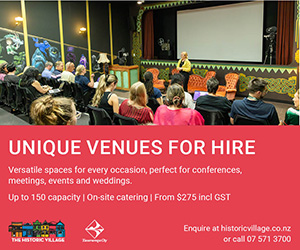A business’s Information Memorandum is a summary of the business for sale and you use it to figure out if you are really interested in the business. It is like going to an open home. You have a quick look around and form an opinion of the house from what you see on the surface. And then you decide whether you want to look a whole lot harder.
A few of the common questions I have when reviewing an Information Memorandum (IM) are:
- Financial Performance – what trends can be seen from reviewing the numbers? How have the financials been used to arrive at a business value? Do they indicate a business that is growing in profitability? Or are sales up, but gross margins down? All the figures can be used to tell a story – but you might need professional help in reading it.
- Price – the questions I have about the value of a business from the IM stem from working out the multiple of earnings that the asking price implies and whether the prospective buyer thinks this is good value or not.
- Reasons for selling – does this imply anything about the state / value of the business? Retirement is a common reason. However, not everything can be taken at face value. If the business is declining, then it may be that the vendor now wants to retire as they do not have the energy to pick things up again.
- The IM will contain plenty of information about products, markets, suppliers, and competitors. It is key to understand what the IM is (and is not) telling you in this area.
- Do you have a clear understanding of the risks and opportunities? Sometimes the IM will refer to markets or products as opportunities despite the business not currently being in those markets. For me, any gain from this should be to the new buyer.
- Staff – is there a high level of specialist knowledge held by an exiting owner? Or can the staff manage without them? It reduces the risk to a new buyer considerably if the business can still function well without the current owner being around.
- Owner’s commitment to the transaction – are they looking to exit as fast as possible? Or are they prepared to stick around and help a buyer get a good a start?
- Systems – what are the core systems that the business uses? Does it indicate a business that is using best practice, or will a new owner have to improve things early on?
- Location / premises / equipment – are there any premises that are central to the success of the business? What is the lease situation? Are the assets for sale with the business up to date or will you need to allow to replace some?
The IM stage is about forming an overall view so you can work out whether you are keen to learn more – or throw it in the bin. All the factors above contribute to building a true picture of the business.
An IM is a sales document – no different to a property hoarding.
Understandably, it presents the business in the best possible light. It is up to a buyer and their professional advisors to cut through the noise quickly so they can work out whether it is worth the time and cost to dig further.


















